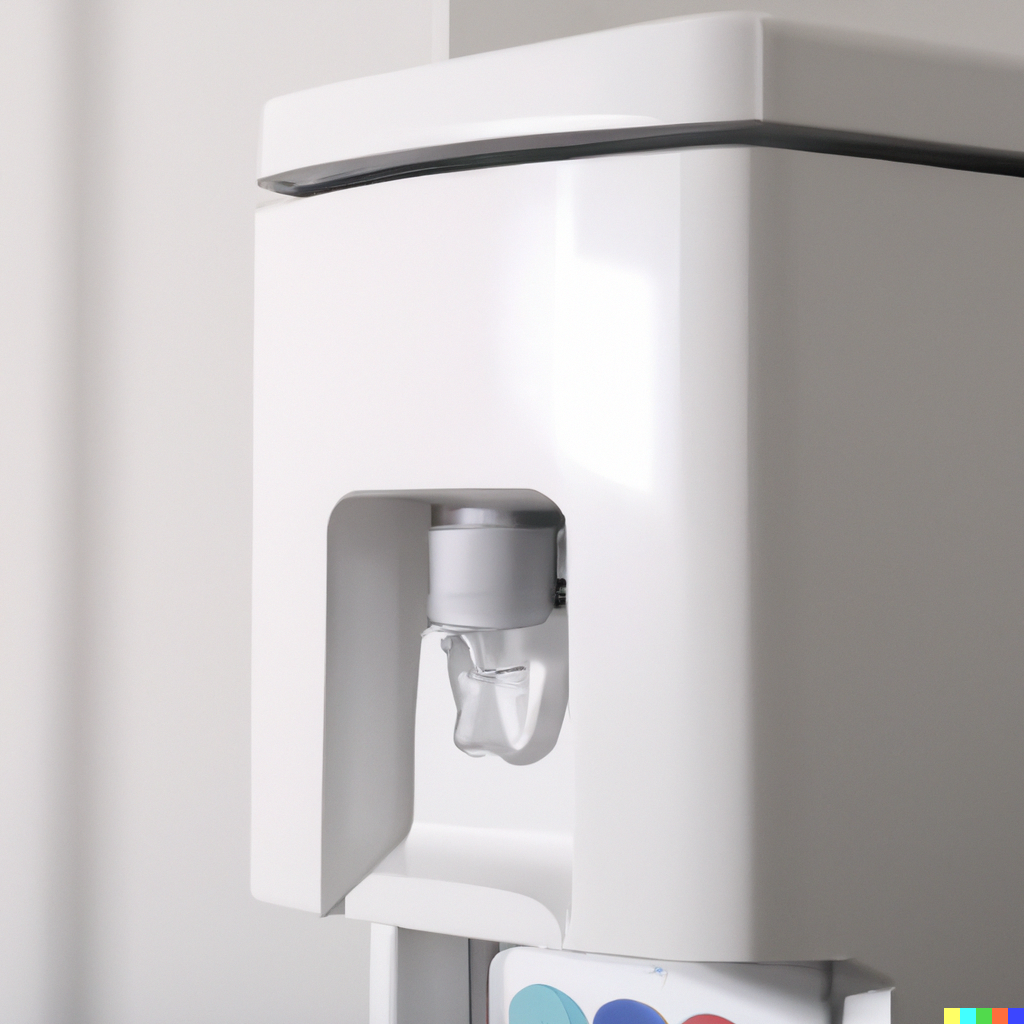
Introduction
Water dispensers utilizing 20L water jars have gained popularity in office spaces across India, providing a convenient and readily available source of drinking water for employees. While these dispensers offer convenience, it is important to examine the negative impact they can have on the environment. In this article, we will delve into the environmental concerns associated with 20L water jar dispensers in office settings, highlighting the need for more sustainable alternatives.
One of the major drawbacks of using 20L water jars in office water dispensers is the excessive generation of plastic waste. These jars are typically made of non-biodegradable plastic materials, contributing to the already substantial plastic pollution problem in India. As offices frequently consume large quantities of water, the accumulation of plastic waste from discarded water jars can be significant and pose a threat to the environment.
Transporting 20L water jars to offices involves the use of vehicles, which adds to carbon emissions and increases the overall carbon footprint. The energy required for manufacturing, filling, and delivering these water jars also contributes to environmental degradation. Additionally, the frequent transportation of heavy jars consumes fuel and contributes to air pollution.
While efforts are being made to encourage plastic recycling, the recycling infrastructure in India still faces challenges. Many 20L water jars end up in landfills due to limited recycling facilities. The slow decomposition rate of plastic exacerbates the problem, as these jars can persist in the environment for hundreds of years, causing long-term harm to ecosystems and wildlife.
Water quality and hygiene can be a concern with 20L water jar dispensers. The long-term storage of water in these jars, combined with the potential for improper handling during transportation and refilling, can compromise the quality and safety of the water. Contamination risks arise from factors such as inadequate cleaning practices, bacterial growth, and the potential for leaching of harmful chemicals from the plastic materials.
Exploring Sustainable Alternatives
To mitigate the negative impact of 20L water jar dispensers in offices, it is crucial to consider sustainable alternatives:
Conclusion
While 20L water jar dispensers offer convenience in office settings, their negative impact on the environment cannot be ignored. The excessive generation of plastic waste, carbon footprint, limited recycling, and quality concerns call for a shift towards more sustainable alternatives. By embracing bottleless water dispensers, water filtration systems, and promoting reusable water bottles, offices can reduce their environmental footprint and contribute to a cleaner, greener future.